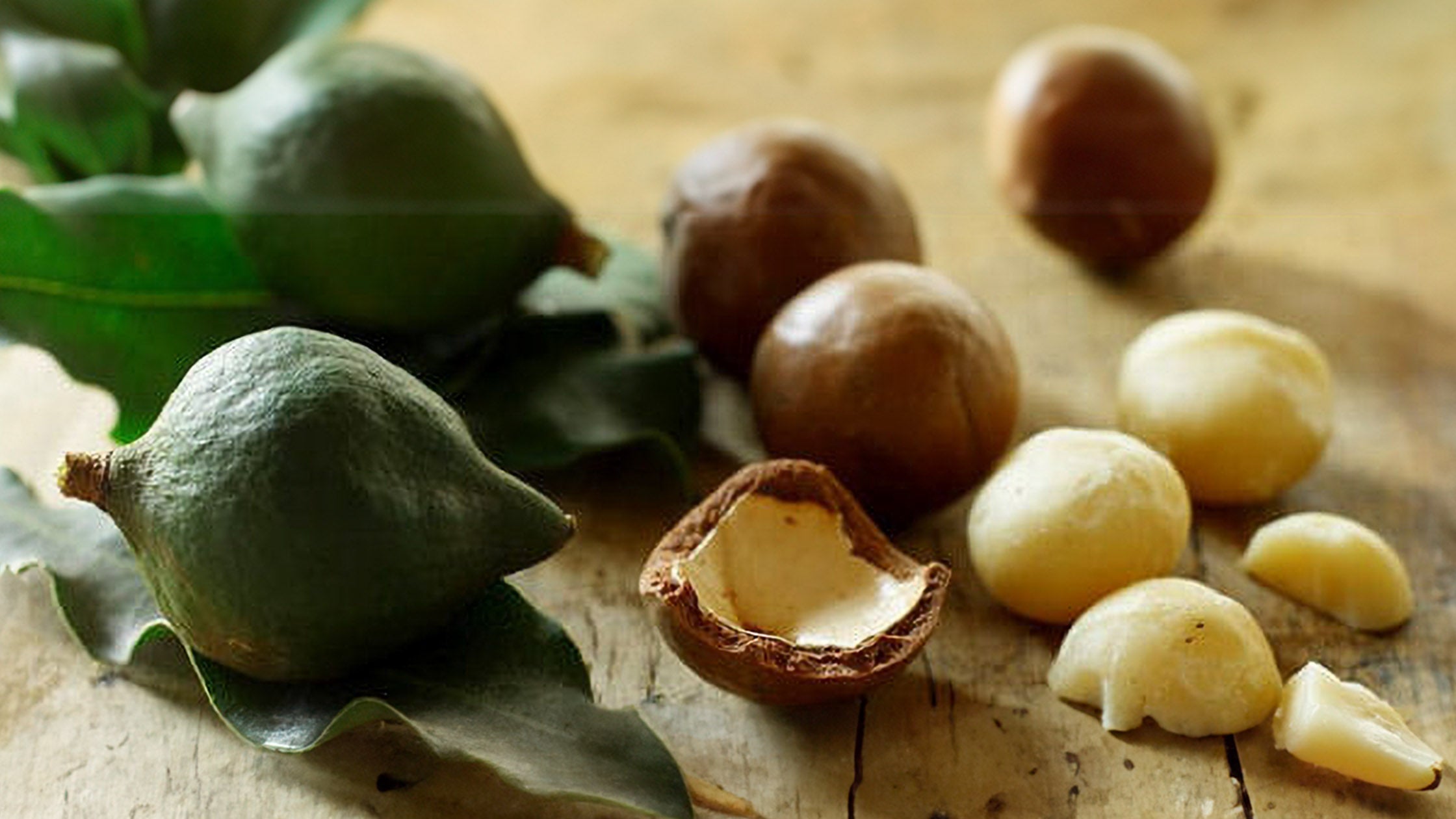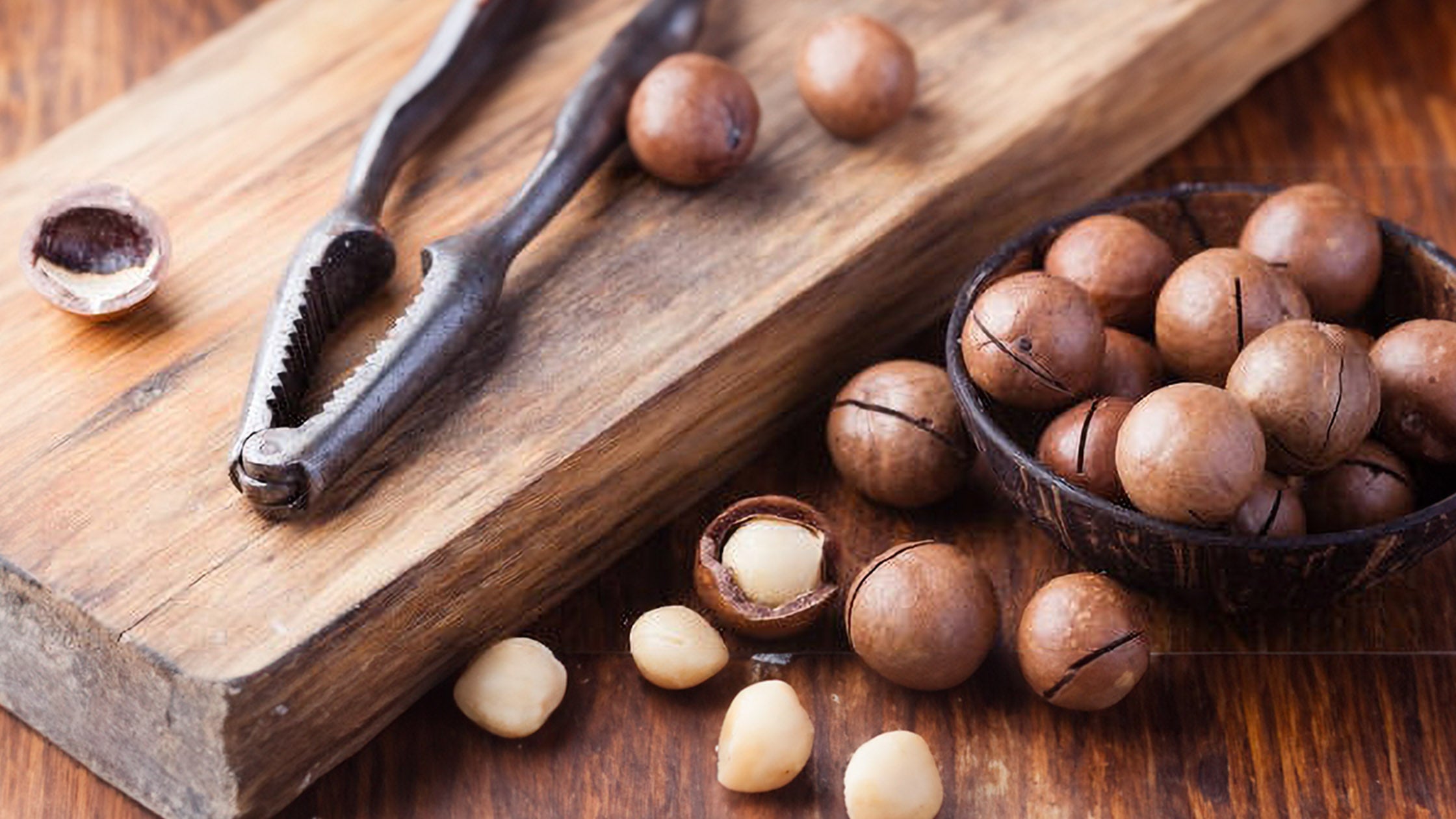Peanuts suffer from a serious identity crisis. If you are one of the millions of people in the world who think a peanut is a “nut”, then your little knowledge bubble is about to be permanently shattered. Contrary to popular belief, peanuts are actually legumes. What is a legume? A legume is a type of plant with seeds that grow inside pods such as peas or beans. Unlike macadamias, cashews and almonds that grow on trees, peanuts grow underground. They start out as an above ground flower that, due to its heavy weight, bends towards the ground. The flower eventually burrows underground and matures the peanut. Peanuts are believed to have originated in the Central Americas and then spread to other parts of the world through Spanish explorers. Today, China and India are at the forefront of growing peanuts for commercial use contributing to a worldwide annual production of 46 tonnes. On the local front, Queensland produces over 95% of Australia’s peanut crop. Peanut growing areas in Queensland include the Burnett region (near Kingaroy), Central Queensland (Emerald), Atherton Tableland (Mareeba), Lakeland Downs (west of Cooktown), Darling Downs and the Brisbane Valley. Often times, the nutritional benefits of peanuts go unappreciated due to their high calorie content. Here are 5 reasons why you should incorporate peanuts into your diet:
- Protein and Fibre – Peanuts improve satiety and help maintain weight loss. Several studies have found that eating small amounts of nuts helps to lose weight.
- Nutrients – Peanuts are abundant in vitamins niacin, folate, pantothenic acid, thiamin, riboflavin, choline, Vitamin B6 and Vitamin E and rich in minerals such as magnesium, phosphorous, potassium, zinc, iron, copper, manganese and selenium.
- Disease Control – Studies have found that eating peanuts five times a week decreased heart disease and reduced the risk of diabetes, gallbladder disease and colorectal cancer.
- Anti-aging – Peanuts have been found to contain the potent anti-aging molecule, resveratrol. This is the same phytochemical found in red wine and grapes. Studies have shown that resveratrol can fight the proliferation of fat cells and improve the uptake of sugar from the blood. The resveratrol in peanuts is found in the seed itself and the skin.
- Cholesterol – Studies have shown that when postmenopausal women with high cholesterol were fed a low-fat diet that included healthy fats from peanuts, their cholesterol improved. The phytosterols that peanuts contain have been shown to reduce cholesterol.




